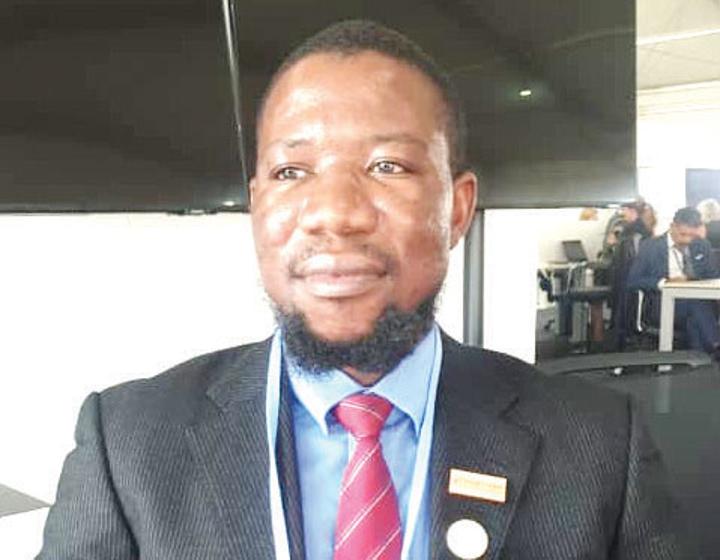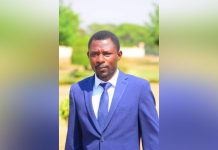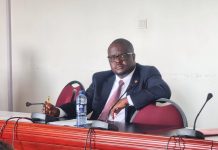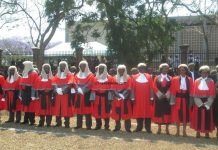Africa-Press – Malawi. A high-level mission from the Green Climate Fund (GCF) is this December visiting Malawi to build the capacity of some key technocrats and support the development of the country’s multisectoral – multi-million-dollar bankable project.
GCF is one of the climate financing entities within the United Nations Framework Convention on Climate Change (UNFCCC) tasked to support reducing greenhouse gas GHG) emissions and climate resilience programmes in developing countries.
GCF and the Global Environment Facility (GEF) are the two operating finance entities under UNFCCC. Malawi has been struggling to access funds due to the ‘tedious’ qualification demands and unrealistic procedures.
Civil Society Network on Climate Change (Cisonecc) National Coordinator Julius Ng’oma observed that it is a complicated process to access the funds from GCF as countries are required to come up with proposals that demand inputs from different studies and this takes two to three years to finalise one proposal.
He added that even when the funds have been accessed it takes almost another year for the money to start flowing into the country. “These are some of the processes that most developing countries are against,” he said
Malawi’s National Planning Commission Development Planning Manager Sipho Billiat said on its part Malawi should identify experts or institutions to support the negotiations as well as funding proposals writing. The GCF mission will be in Malawi by mid-December.
“The most exciting part is by the end of the mission, we also want to have an almost completed bankable proposal defined or completed,’’ said Yamikani Idriss, an environmental officer in the Ministry of Forestry and Natural Resources, who is also an acting lead negotiator at CoP 27.
Idriss however said beyond the GCF funds, Least Developed Countries (LDCs) started their own initiative which is known as Least Developed Countries Initiative for Effective Adaptation and Resilience (LIFE-AIR) where they have been able to mobilise resources together and can be accessed without too many strings attached.
Malawi is among the first six countries to benefit from the initiative and will be launching the first project LIFE-AR on 25th November 2022 in Salima District. Idriss said the United States of America, the United Kingdom, and Ireland have already pumped in over US$6.8 million towards the initiative.
He said the process to secure funding for the initiative was easy and straightforward as after establishing the initiative, the LDC extended an invitation to developed countries for their support.
“We didn’t need to write proposals but it was an initiative which was developed by the LDCs and we invited the developed countries to join and fund it and there are a lot of them who have shown interest. We have the Swedish government and others who want to join as well,” he said.
Idriss said Malawi has been raising its concerns at high-level meetings like UN CoP summit and the General Assembly with the relevant authorities and that the efforts have been productive.
“The GCF has heard our concerns and they are sending a mission to Malawi so that we sit down together with all the relevant sectors to discuss how best they can help us to come up with a strong team and the capacity to develop proposals.
“They have assured us that when the mission is going back, they should at least have one multisectoral bankable project which should entice the process for us to access the funds. So, after the CoP27, they are going to be in Malawi,” he said.
According to GCF country reports, since 2010, South Africa’s total GCF is at US$179.2 million, Zambia is at US$91.2 million and Malawi is at US435.3 million.
For More News And Analysis About Malawi Follow Africa-Press






